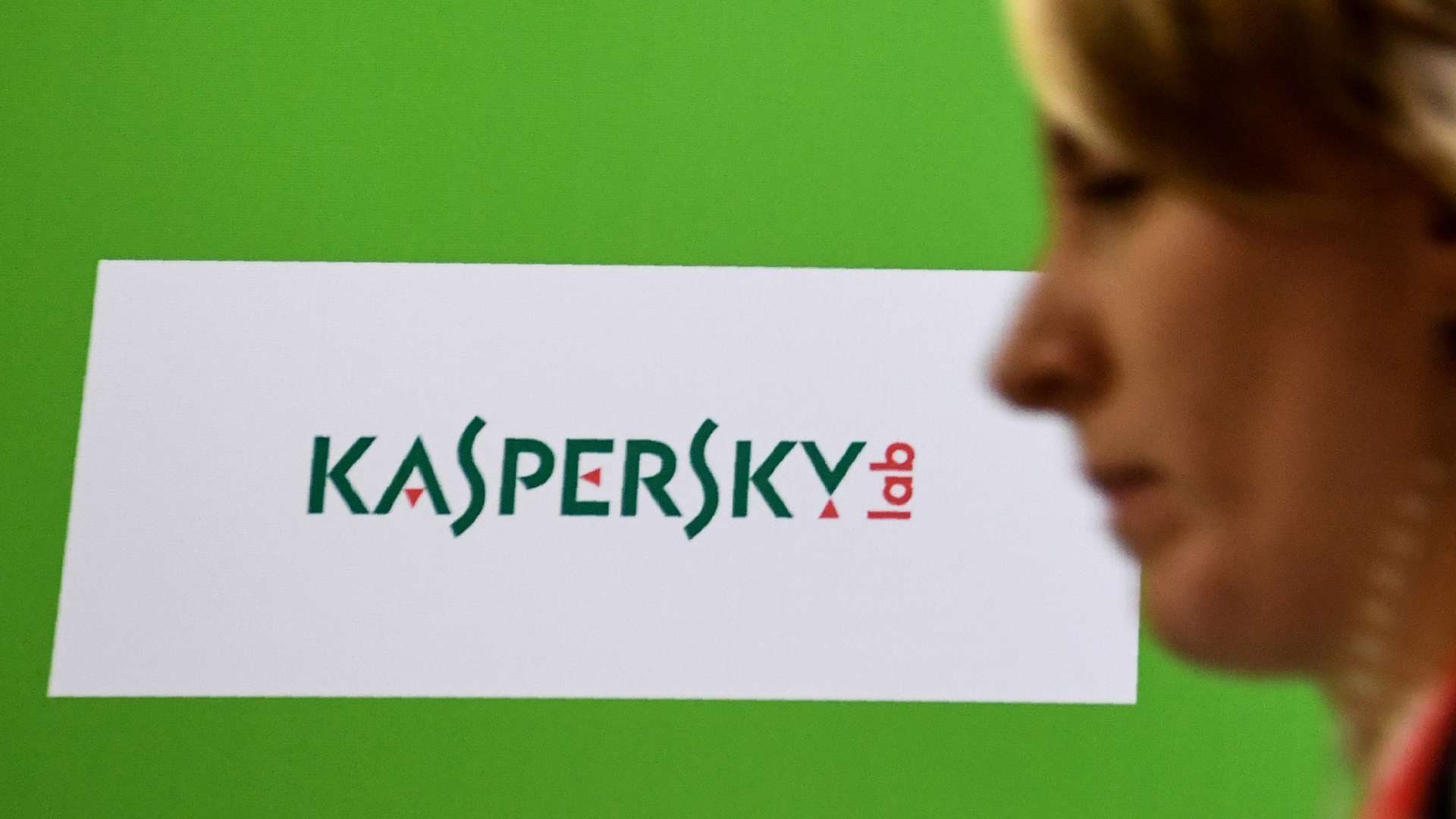Botnets are being sold on the dark web for as little as $99
More than 20 offers for botnets for hire or sale have been discovered on dark web forums and Telegram channels this year


Cyber criminals are offering ready-made botnets on the dark web for as little as $99, according to Kaspersky, making cyber attacks cheaper and easier than ever to carry out.
Botnets like Mirai - which targets online consumer devices such as IP cameras and home routers - have individually tailored infection processes, malware types, infrastructure, and evasion techniques.
According to recent research from Cloudflare, 4% of HTTP DDoS attacks, and 2% of L3/4 DDoS attacks, were launched by a Mirai-variant botnet during the first quarter of this year.
"Mirai is one of the most infamous examples of a botnet. It scans the internet for IoT devices with weak default passwords, uses a set of known default credentials to gain access, and infects them," said Alisa Kulishenko, security analyst at Kaspersky Digital Footprint Intelligence.
"The infected devices then become part of the botnet, which can be controlled remotely to perform various types of cyberattacks."
Since the beginning of this year, Kaspersky researchers found more than 20 offers for botnets for hire or sale on dark web forums and Telegram channels. The lowest offers started at $99 and the highest reached $10,000, researchers said.
As well as being available as one-time purchases, botnets can be hired or acquired as leaked source code for between $30 and $4,800 per month, with custom botnet development also available in some cases.
Sign up today and you will receive a free copy of our Future Focus 2025 report - the leading guidance on AI, cybersecurity and other IT challenges as per 700+ senior executives
Access to leaked source code can be obtained for free or a fee of between $10 and $50, based on information from approximately 400 dark web and shadow Telegram posts observed since the beginning of 2024.
However, Kaspersky said leaked botnets are generally deployed by less sophisticated actors, as they are more likely to be detected by security solutions.
"Potential earnings from attacks using botnets for hire or sale can exceed the associated costs. They allow for activities such as illegal cryptocurrency mining or ransomware attacks, and more," Kulishenko said.
"Open sources report that an average ransom payment is two million US dollars. In contrast, renting a botnet costs significantly less and can pay off with just one successful attack."
A threat actor can also commission a botnet to be developed from scratch, with development costs varying widely, but starting at just $3,000.
"Most of these deals occur privately, through personal messages, and partners are typically chosen based on reputation, such as forum ratings," Kulishenko noted.
Botnet activity is on the rise
Earlier this year, researchers at NetScout said they'd discovered a sharp rise in global botnet activity, spiking at more than a million devices.
Meanwhile, a Trustwave report last year found that botnets were responsible for more than 95% of all the malicious traffic on the internet, with the Mirai, Mozi, and Kinsing botnets accounting for almost all exploit attempts that were run over the HTTP or HTTPS protocols.
Global law enforcement action to tackle botnets has been escalating in recent years, with a series of high-profile takedowns crippling operations. But while these operations often inflict initial damage, history shows that many come back with a vengeance.
Qakbot, ranked among one of the most prolific botnets of all time, was taken down last year in a US-led operation. But within weeks of the sting operation, there were signs of recovery.
RELATED WHITEPAPER

In October 2023, researchers at Cisco Talos warned that Qakbot-affiliated hackers still remained a pervasive threat, with threat actors in fact waging a devastating ransomware campaign that began “just before the takedown”.
Qakbot’s return isn’t an isolated example, either. Emotet, another notorious botnet, made a return after a law enforcement takedown.
Emma Woollacott is a freelance journalist writing for publications including the BBC, Private Eye, Forbes, Raconteur and specialist technology titles.
-
 AI coding tools are booming – and developers in this one country are by far the most frequent users
AI coding tools are booming – and developers in this one country are by far the most frequent usersNews AI coding tools are soaring in popularity worldwide, but developers in one particular country are among the most frequent users.
-
 Cisco warns of critical flaw in Unified Communications Manager – so you better patch now
Cisco warns of critical flaw in Unified Communications Manager – so you better patch nowNews While the bug doesn't appear to have been exploited in the wild, Cisco customers are advised to move fast to apply a patch
-
 Almost half of US organizations still using Kaspersky, researchers claim
Almost half of US organizations still using Kaspersky, researchers claimNews A ban was introduced due to Kaspersky’s supposed links to the Russian government
-
 Enterprises are struggling to fill senior cybersecurity roles — and it's causing staff burnout to skyrocket
Enterprises are struggling to fill senior cybersecurity roles — and it's causing staff burnout to skyrocketNews Many senior roles take months to fill, creating cumbersome workloads for mid-level staff and increased burnout
-
 Kaspersky to shut down US division ahead of sales ban
Kaspersky to shut down US division ahead of sales banNews The Russian security company will exit the US and cut staff ahead of a government-imposed sales ban
-
 Small businesses face continued security threats as trojan attacks surge
Small businesses face continued security threats as trojan attacks surgeNews Cyber attacks on small businesses are still growing at a steady pace
-
 Most passwords take a matter of minutes to crack – here’s how you can create strong, hacker-resistant credentials
Most passwords take a matter of minutes to crack – here’s how you can create strong, hacker-resistant credentialsNews Passwords are still criminally insecure and can be cracked or guessed by hackers with ease, but what precautions can you take to avoid getting breached?
-
 Kaspersky hits back at US software ban, citing political motivations and “theoretical concerns”
Kaspersky hits back at US software ban, citing political motivations and “theoretical concerns”News Kaspersky said it has “repeatedly demonstrated" its independence from any government interference
-
 US poised to ban sales of Kaspersky software – reports
US poised to ban sales of Kaspersky software – reportsNews Kaspersky has long denied any links to the Russian government
-
 Human errors still a leading cause of cyber incidents, says Kaspersky
Human errors still a leading cause of cyber incidents, says KasperskyNews The worst-affected industries are government, IT firms, and the financial and industrial sectors
